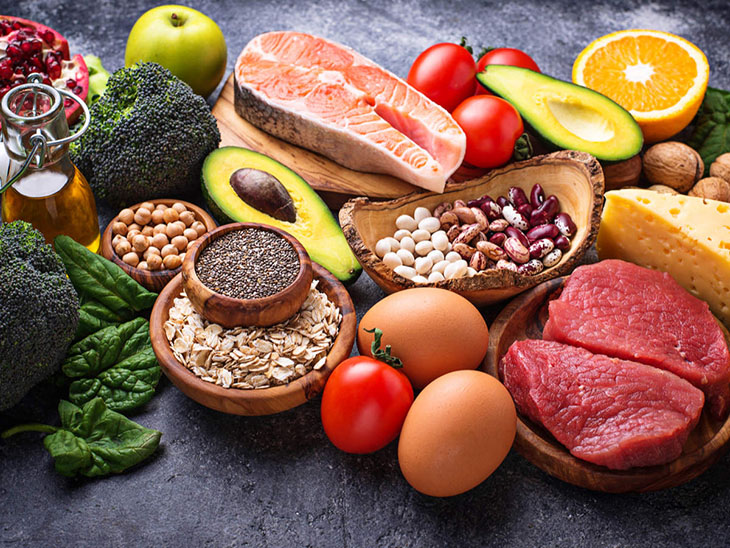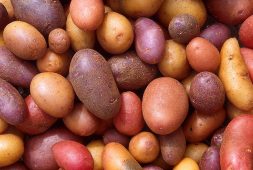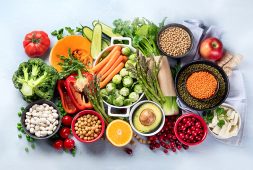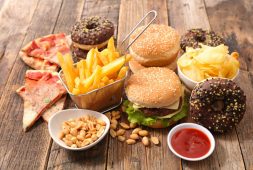
Kidney stones (also known as renal calculi, nephrolithiasis, or urolithiasis) are mineral and salt deposits that form inside your kidneys. Among the many causes of kidney stones are diet, excess body weight, certain medical conditions, and certain supplements and medications. Kidney stones can affect any part of your urinary tract, including the kidneys and bladder. Certain foods and beverages contain chemicals that can cause these painful crystals. Kidney stones are often caused by a combination of factors, and there is no single cause. They form when your urine contains more crystal-forming substances than the fluid in your urine can dilute, such as calcium, oxalate, and uric acid. Simultaneously, your urine may be lacking in substances that prevent crystals from sticking together, creating an ideal environment for kidney stones to form.
The majority of kidney stones are calcium stones, most of which are composed of calcium oxalate. Oxalate is a substance that your liver produces on a daily basis or that you absorb from your diet. Oxalate levels are high in certain fruits and vegetables, as well as nuts and chocolate. Calcium and oxalate concentrations in urine can be increased by dietary factors, high vitamin D doses, intestinal bypass surgery, and a variety of metabolic disorders. Calcium phosphate stones are another type of calcium stone. This type of stone occurs more frequently in metabolic conditions such as renal tubular acidosis. It may also be linked to certain migraine or seizure medications, such as topiramate. Struvite stones develop as a result of a urinary tract infection. These stones can grow rapidly and become quite large, with few symptoms or warning. People who lose too much fluid due to chronic diarrhea or malabsorption, those who eat a high-protein diet, and those with diabetes or metabolic syndrome are at risk of developing uric acid stones. Certain genetic factors may also increase your chances of developing uric acid stones. Finally, cystine stones form in people who have cystinuria, a hereditary disorder in which the kidneys excrete too much of a specific amino acid.
Determining what sort of stones you have had in the past will assist you in knowing which foods to avoid. If you’re not sure – or simply want to avoid all types of kidney stones – a good rule of thumb is to avoid eating too many salty foods, meats, and other animal proteins. Also, remember to drink plenty of water. It helps to dilute the waste in your urine, making stones more difficult to form. Kidney stones can be painful to pass, but if caught early enough, they usually do not cause permanent damage. Depending on your circumstances, you may only need to take pain medication and drink plenty of water to pass a kidney stone. In some cases, such as when stones become lodged in the urinary tract, are associated with a urinary infection, or cause complications, surgery may be required. If you are at high risk of developing kidney stones again, your doctor may advise you to undergo preventive treatment.
Also, you can take your kidney care one step further and read through these different foods to minimize the chance of kidney stones forming if you are prone to them!



